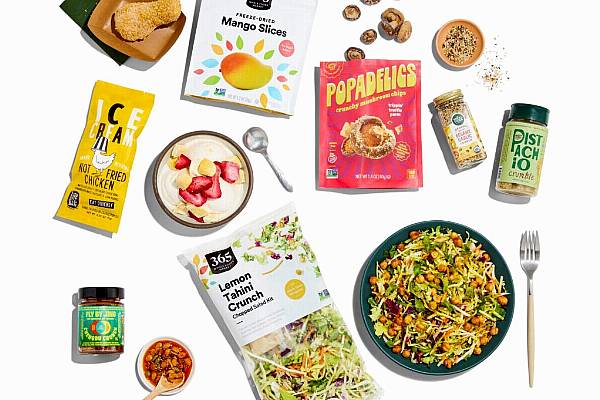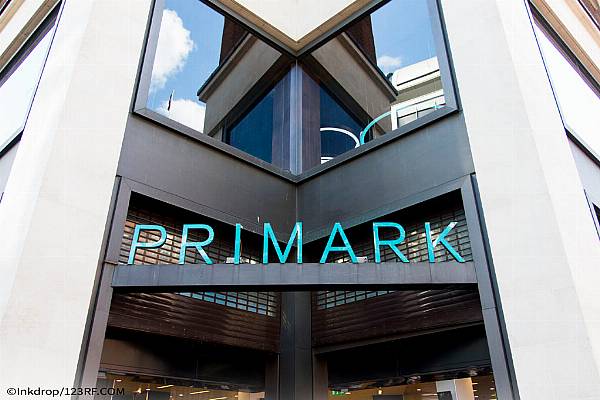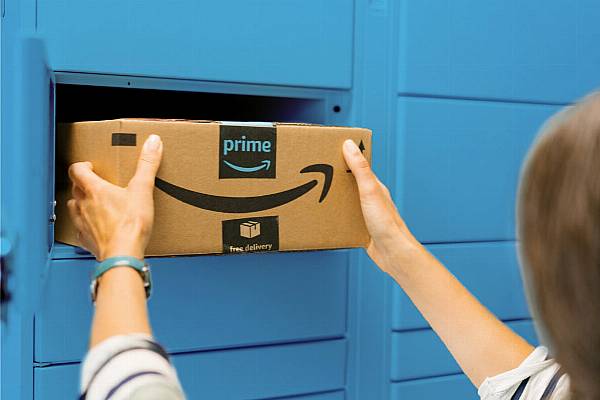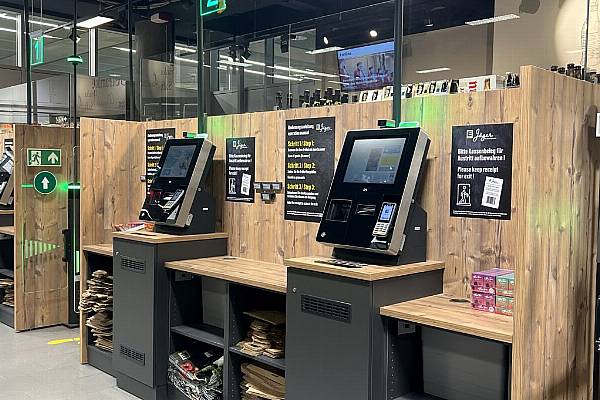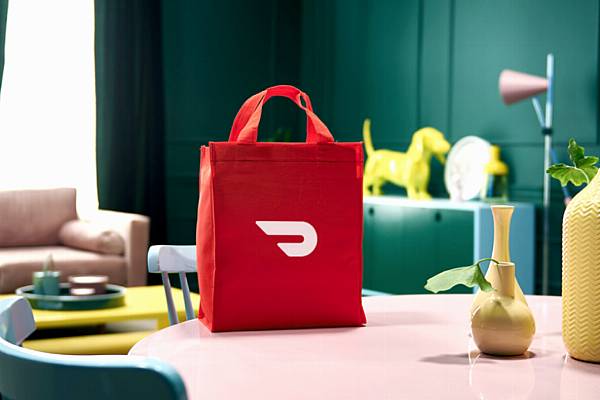Nestle’s Institute of Health Sciences, a research arm of the world’s largest food company, is developing tools to analyse and measure people’s levels of dozens of essential nutrients.
The goal is to offer supplements tailored to an individual’s needs, possibly through a device not unlike its Nespresso machine -- though that could take many years to develop.
The programme, code-named “Iron Man,” is part of the Swiss company’s efforts to treat metabolic, brain and gastrointestinal disorders with new foods and beverages. At Nestle’s health institute, NIHS, over 110 scientists are working on projects from molecular biomarkers of obesity to discovering links between vitamin and mineral deficiencies and illnesses such as diabetes, cancer and cardiovascular disease.
“Iron Man is an analysis of what’s missing in our diets, and a product, tailored to you, to help make up that difference,” NIHS director Ed Baetge said over lunch in the campus cafeteria of the Swiss Federal Institute of Technology in Lausanne, where the Nestle researchers are based. “In the past, food was just food. We’re going in a new direction.”
Any Iron Man-derived products would be more effective than multivitamin supplements found in drugstores, which are not tailored for specific needs, Baetge says. In December, the Annals of Internal Medicine published an editorial saying such supplements have “no clear benefit and might even be harmful.”
Alzheimer’s Treatment
Nestle Health Science already makes nutritional products for various maladies such as Alzheimer’s and genetic disorders that affect how the body processes food. The unit is led by Luis Cantarell, who also heads Nestle’s $11 billion nutrition segment and worked on coffee marketing earlier in his career.
Iron Man, which began late last year and now involves about 15 scientists, has a much broader mandate than Nestle’s current medical nutrition offerings. Nestle’s research on personalised nutrition could lead to “business propositions that today we cannot imagine,” Cantarell said. He acknowledges, though, that the era of fully customised foods is further away than the five to ten years that Nestle researchers predict -- scepticism that’s shared, and amplified, by some outside scientists.
Magnesium Number
“I don’t believe personalised nutrition will go down to the level of the individual,” said Ian Macdonald, head of the School of Life Sciences at Nottingham University. “If they want a high-tech solution to the problem, it’s not going to work.” Most of the world’s population doesn’t get enough of one or more of the 30 essential vitamins and minerals, according to Bruce Ames, a senior scientist at the Children’s Hospital Oakland Research Institute in California. Seven in 10 Americans lack sufficient vitamin D, and 45 percent are short in magnesium.
“Practically everybody is deficient in something,” Ames said. Most people today know “their cholesterol number, but in the future they’ll know their magnesium number, vitamin D number, and more.” Nutrients include proteins, amino acids, carbohydrates, lipids, vitamins, minerals and water, and they’re deemed “essential” if they can’t be produced by the body and must be obtained from foods.
$500,000 Machines
Low nutrient intake is prevalent among children, the elderly and the obese, especially in the developing world, says Ames, whose research has shown that inadequate levels can accelerate diseases such as cancer. NIHS scientists say virtually everyone could benefit from knowing more about their so-called “nutrient profile,” a unique signature like a fingerprint that contains information about deficiencies or excesses.
Creating that signature is expensive - anywhere from about $50 to more than $200 per nutrient measured, according to researchers at the University of Minnesota - so a complete profile would run well over $1,000. Today, NIHS will begin working with Waters Corp. a Massachusetts based maker of scientific equipment, to decipher the nutritional profiles of individuals or groups.
Star Trek
There’s a “real need” for reliable, inexpensive ways to measure the deficiency of multiple nutrients at once, according to Rolf Klemm, a senior associate at the Johns Hopkins Bloomberg School of Public Health. Using such methods, researchers could gauge the prevalence of shortfalls and help people get the specific nutrients they need.
“I’m not aware of a ’one-stop shop’ for analysing and measuring levels of all essential micronutrients,” Klemm said via e-mail. “Most of us rely on outdated survey data.” Nestle envisions feeding nutrient profiles into a machine that could create tailored foods or supplements with the right levels of, say, zinc or vitamin K. The nutrients might come as a powder in a capsule like Nespresso’s coffees. Although it will take years to develop, NIHS chief Baetge says the device could resemble the “replicator” that synthesized meals on demand in the Star Trek TV series. “Out comes your food at the press of a button,” Baetge said. “If we do this right, it can be the next microwave in your kitchen.”
Bloomberg News edited by ESM


